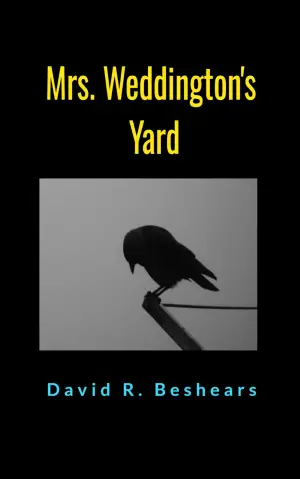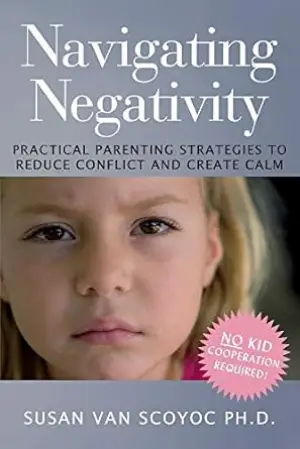A Journey Through the Trenches: A Review of All Quiet on the Western Front
In the vast landscape of war literature, few titles reverberate with the raw power and visceral intensity of Erich Maria Remarque’s All Quiet on the Western Front. The moment I stumbled upon the hauntingly beautiful description of twenty-year-old Paul Bäumer’s desperate quest for meaning amid the chaos of World War I, I felt an urgency to dive deeper, to connect with a narrative that promised to unravel the complexities of youth and the stark realities of conflict.
Set against the backdrop of the Great War, Remarque offers a poignant exploration of camaraderie, loss, and disillusionment through Paul’s eyes. What struck me most was how he and his classmates, filled with patriotic fervor and idealism, quickly find themselves stripped of their youthful exuberance in the trenches. This transformation is heartbreakingly depicted through vivid imagery and gripping prose that makes you feel every explosion, every pang of fear and despair.
The central theme of the futility of war resonates deeply. Remarque crafts Paul’s inner conflict so meticulously that you can’t help but reflect on the senselessness that pits young men against one another. I was particularly moved by the declaration, “To this day, I know nothing of life but despair, death, fear, and fatuous superficiality cast over an abyss of sorrow.” This line encapsulates the essence of the novel: it’s not merely a recount of battles but a profound meditation on human experience in the face of relentless destruction.
Another notable aspect of the narrative is Remarque’s use of a straightforward yet poetic style, immersing the reader in the immediacy of trench warfare. The pacing, though sometimes slow as it mimics the heavy toll of waiting, creates a sense of lurking dread that builds throughout the story. Each character is vividly fleshed out, but it’s the bond between Paul and his fellow soldiers that remains the heartbeat of the tale. The camaraderie allows for brief, fleeting moments of laughter, which starkly contrast with the surrounding devastation.
The line “We are not youth any longer” struck me as one of the most powerful moments, emphasizing that war robs individuals not only of their lives but also of their identities and innocence.
As I turned the last pages, I felt an incomprehensible heaviness in my heart. The truth is, All Quiet on the Western Front isn’t just a chronicles of war; it’s a story about humanity and the price of blind nationalism. This book will resonate with those who are willing to confront the darker shades of human experience and the scars left behind by conflict.
In a world still grappling with the effects of war, I would recommend this novel to anyone seeking a visceral yet thoughtful exploration of not just the battlefield, but the human heart. It challenges you to reflect on the costs of war and clings to your thoughts long after the last words are read.
In a personal context, reading this novel felt like an emotional catharsis, a reminder of the fragility of life and the beauty hidden within the connections we share amid uncertainty. It’s not just a story about the past; it offers lessons that continue to echo in our present, urging us to choose understanding over hostility.
You can find All Quiet on the Western Front: A Novel here >>






